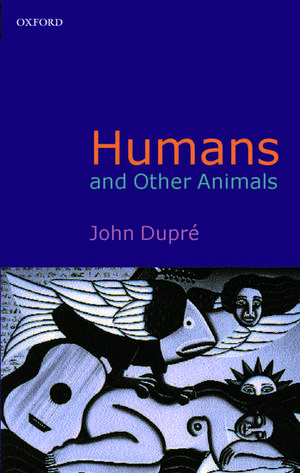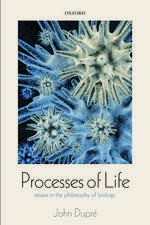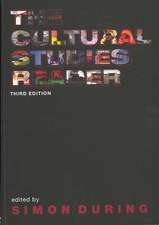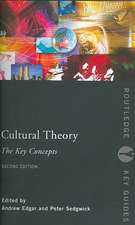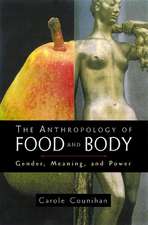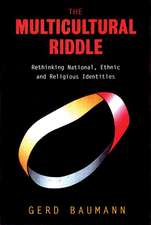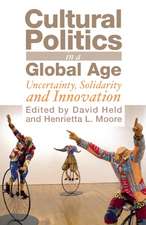Humans and Other Animals
John Dupréen Limba Engleză Paperback – 17 aug 2006
Preț: 321.16 lei
Preț vechi: 351.45 lei
-9% Nou
Puncte Express: 482
Preț estimativ în valută:
61.46€ • 66.74$ • 51.63£
61.46€ • 66.74$ • 51.63£
Carte tipărită la comandă
Livrare economică 12-18 aprilie
Preluare comenzi: 021 569.72.76
Specificații
ISBN-13: 9780199247103
ISBN-10: 0199247102
Pagini: 284
Dimensiuni: 133 x 211 x 16 mm
Greutate: 0.32 kg
Editura: Clarendon Press
Colecția Clarendon Press
Locul publicării:Oxford, United Kingdom
ISBN-10: 0199247102
Pagini: 284
Dimensiuni: 133 x 211 x 16 mm
Greutate: 0.32 kg
Editura: Clarendon Press
Colecția Clarendon Press
Locul publicării:Oxford, United Kingdom
Recenzii
[Dupre's] approach also enables us to say, ina full-blooded way, that sociopolitical concerns affect the content of science and vice versa. Dupre's approach thus seems a promising one towards a rapprochement between factions in the science wars.
This is a fine collection of essays: informed, challenging, and provocative. I have certainly been provoked, but there is much to admire in the collection.
This is a fine collection of essays: informed, challenging, and provocative. I have certainly been provoked, but there is much to admire in the collection.
Notă biografică
John Dupré is Professor of Philosophy of Science at the University of Exeter. He was formerly at Stanford University and the University of London.
